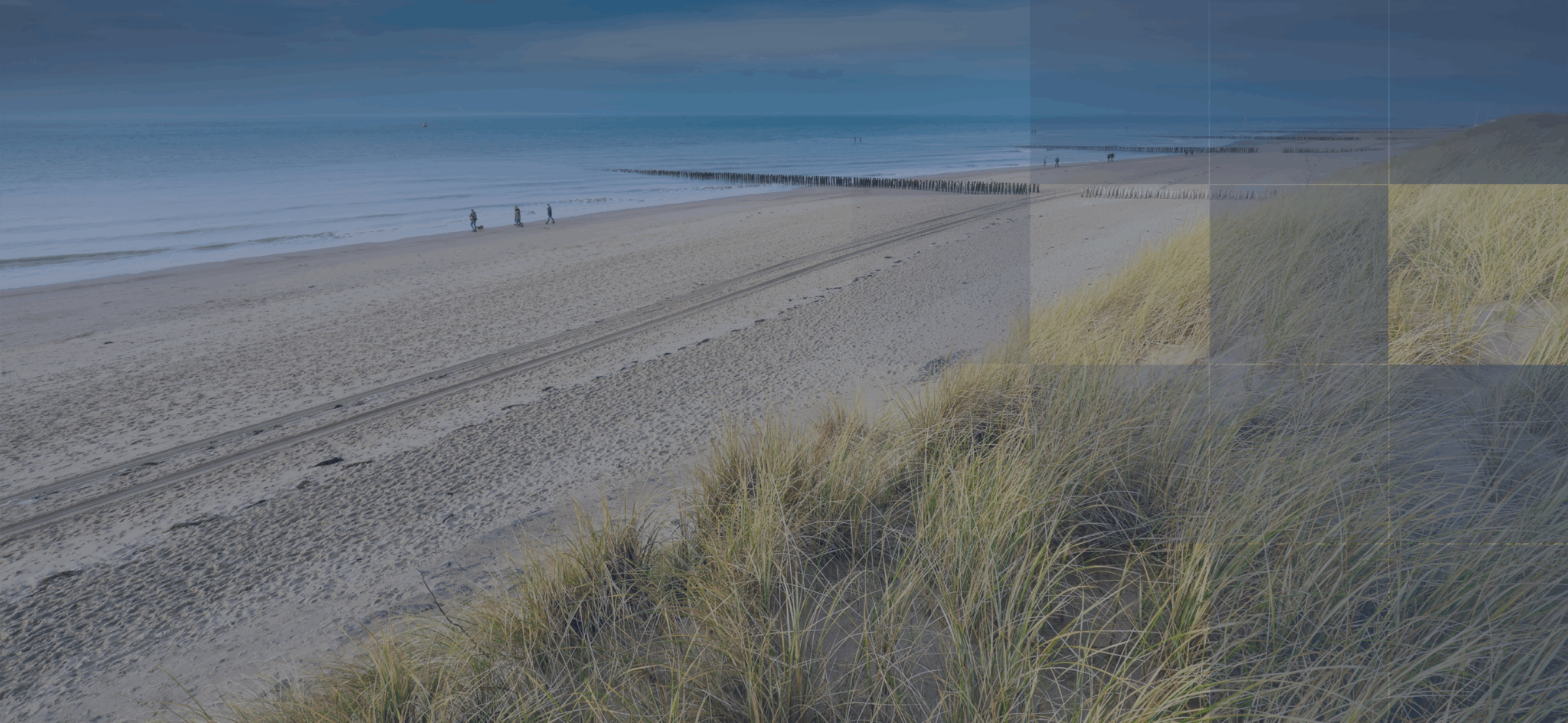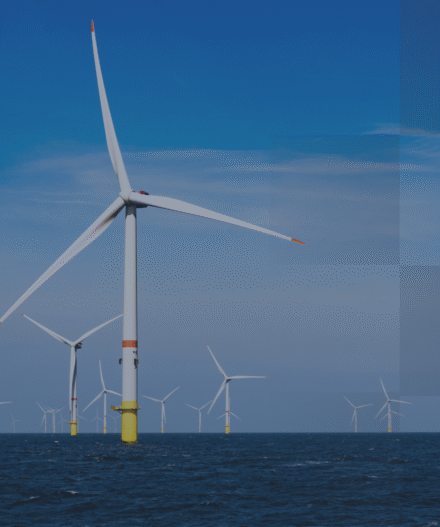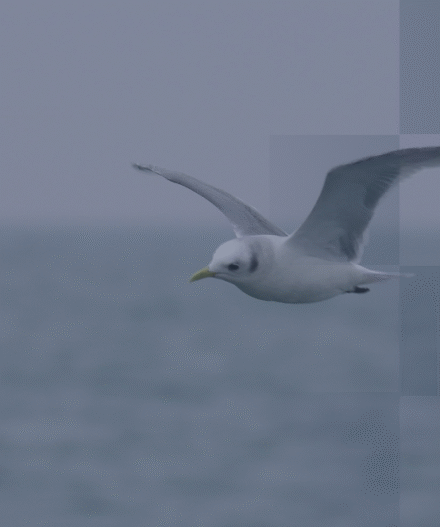
Statement
OCEaN Joint Messages for NSEC Ministerial Meeting
Wind resources and marine ecosystems transcend national borders, yet their management remains largely at the national and project level. Integrated spatial planning at the sea-basin level can benefit both offshore wind deployment and nature conservation. It enables more efficient use of seabed space, reduces infrastructure needs (e.g., through cross-border projects), decreases energy losses (i.e. through wake effects), and lowers associated risks and costs.
At the same time, integrated spatial planning helps ensure that development zones avoid, wherever possible, highly vulnerable ecosystems and that strategic conservation measures are planned at sea basin level. This includes coordinating ecological monitoring and mitigation measures, addressing cumulative environmental pressures at the sea-basin scale, and promoting restoration efforts to enhance ecological connectivity across the region.
With this background, a joint message from the Members of the Offshore Coalition for Energy and Nature (OCEaN) in the North and Baltic Seas to the North Seas Energy Cooperation (NSEC) is today being launched in light of the November 2025 Ministerial Meeting. Our statement outlines beneficial actions that NSEC and represented Member States can take to align offshore wind and grid expansion with nature conservation across four pillars: Data and Environmental Monitoring, Cumulative Impacts, Mitigation, and Restoration.
contact
Cristina Simioli
cristina[at]renewables-grid.euDirector – Offshore Energy and Nature





